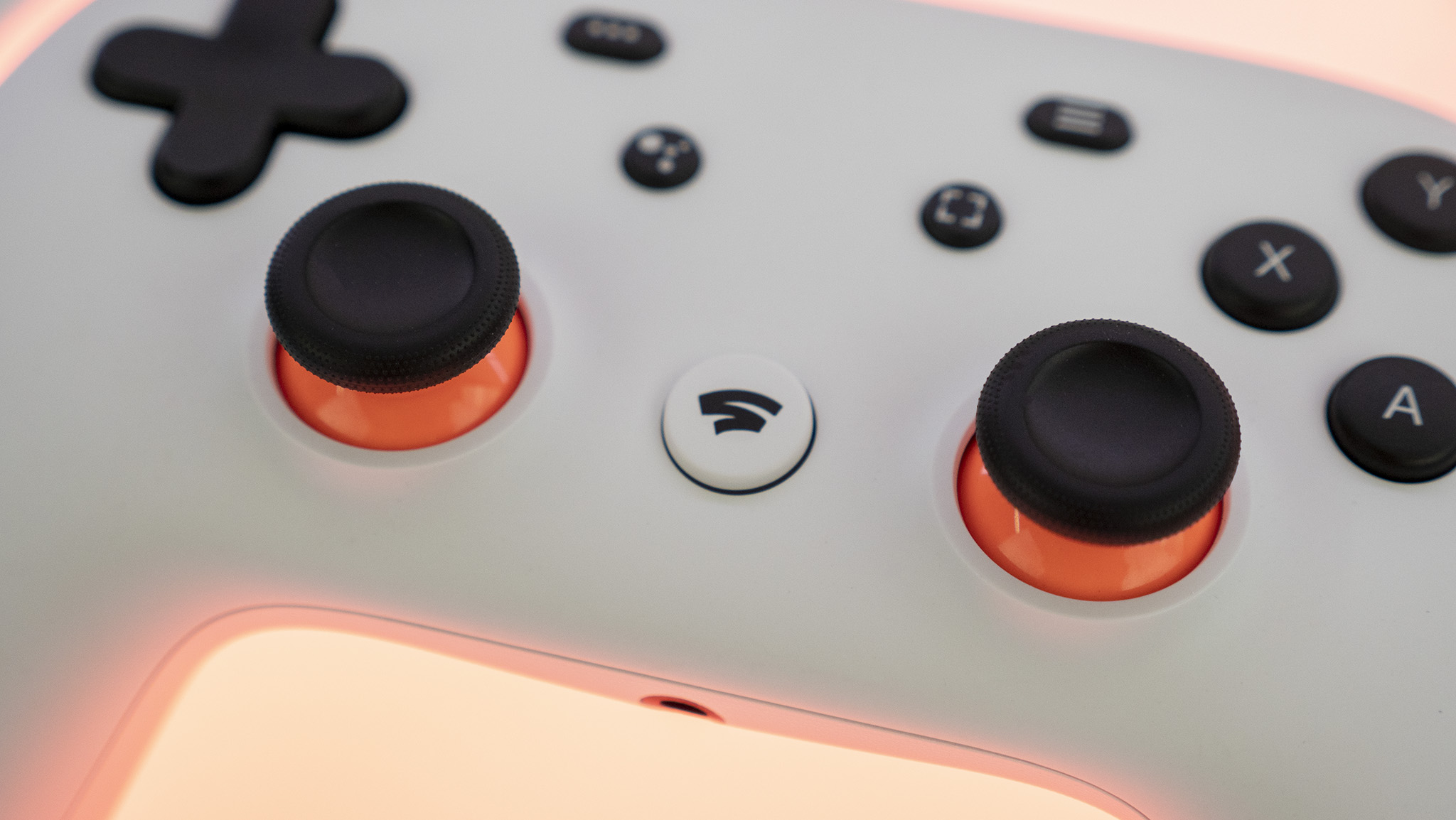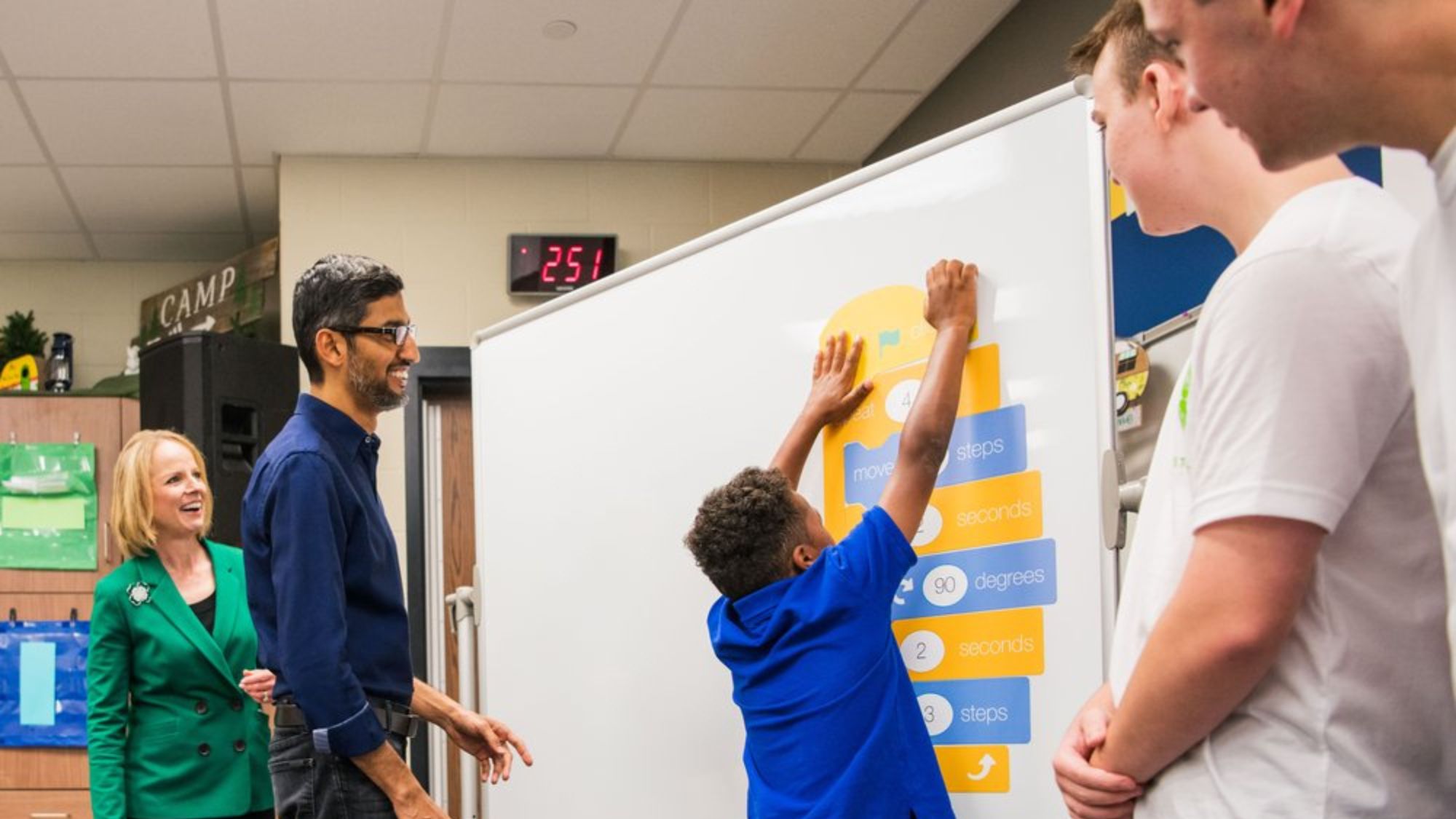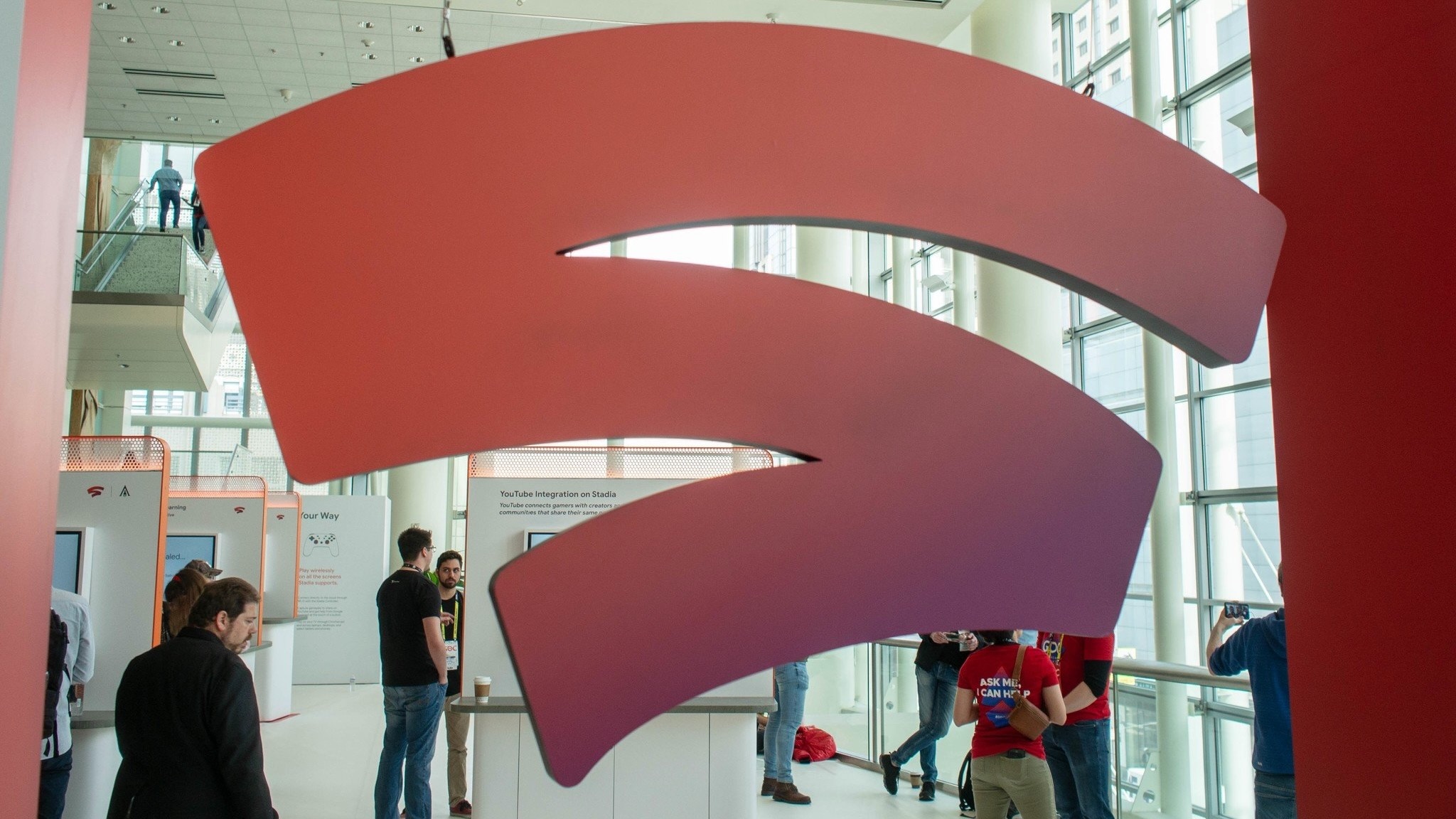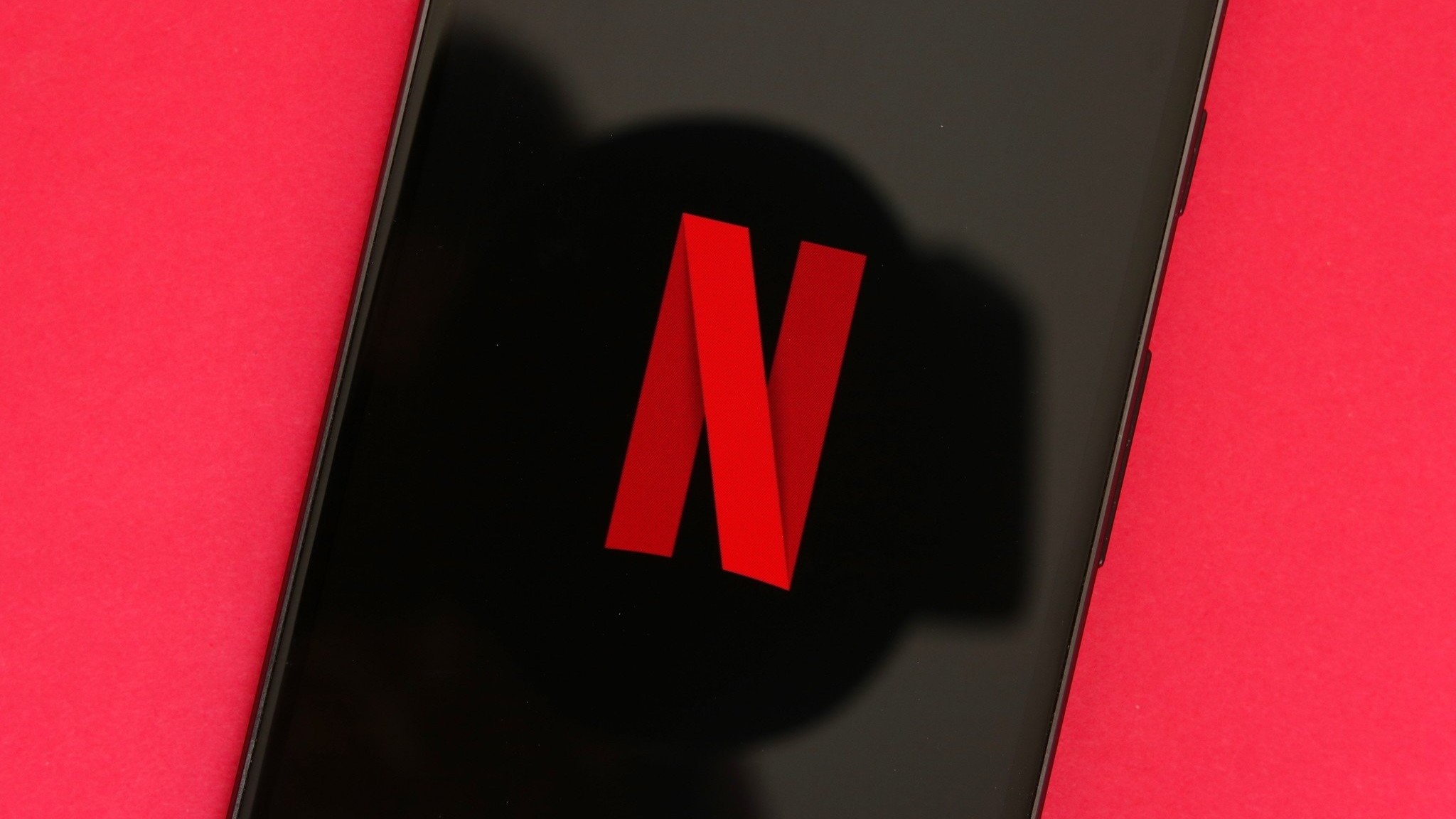Google will never recover from its Stadia debacle
The writing's been on the wall since 2021, but Google still managed to poison the well even worse than before.

The "Killed by Google" moniker is deserved, but also overblown. Google may have a huge graveyard of services left behind in its 24-year history — my colleagues still mourn Google Reader and Google+ — but it almost always takes the bones of one killed project to start up another. Google Wallet became Android Pay, became Google Pay, and became Google Wallet again. The same applies to its messaging apps. Up until now, it's been the poster company for software recycling.
Stadia, despite its high-profile failure, is another example of that: the consumer service will die in early 2023, but the white-label spinoff Immersive Stream for Games will undoubtedly continue. Google has already sold cloud gaming services to AT&T and Peloton and tried to sell "Google Stream" to various game publishers like Bungie and Capcom earlier this year. We don't know if it succeeded, but it's highly likely Google will make much more money from B2B leasing of cloud gaming servers than from Stadia Pro subscriptions and 30% cuts in game sales.
Just because this news falls squarely into Google's MO, however, doesn't make it any less terrible to its partners or damaging to its reputation. Yes, Google will refund its users, something most failing brands don't have the money to do. But it also hurt indie game developers through its secrecy and "everything is fine" messaging right up until the announcement. Below are just a few examples:
After weeks of paperwork and preparations to bring Donut Dodo, Sir Lovelot and Sigi to Stadia, we successfully finalized the onboarding process with Google yesterday.Two hours later, the news hit that Stadia is shutting down. Sad. @4Scarrs_Gaming #Stadia pic.twitter.com/pLc19oAtu4September 30, 2022
OH BOY VERY HAPPY TO SEE MONTHS OF MY WORK GOING IN THE BIN AGAIN. I SURE DO LOVE GAME DEVELOPMENT.https://t.co/DUpBtof8tpSeptember 29, 2022
We have a title coming out November 1st. Now we hear about this.September 29, 2022
Google had no reason to hide Stadia's upcoming shuttering. Google will refund customers for all their purchases, so keeping it a secret didn't make them any extra profit. Now IGN reports that developers are scrambling to find ways to transfer Stadia save data and purchases.
What I find interesting — and I'm merely speculating here — is that Ubisoft might have gotten special consideration from Google. It's long been seriously invested in cloud gaming, offering an Ubisoft+ package on both Stadia and Amazon Luna. But in mid-September Ubisoft abruptly canceled a planned Stadia release for Assassin's Creed Mirage, while confirming a cloud version would come out for Luna. This move made no sense at the time, but perhaps Google gave Ubisoft a couple of weeks' advance notice of Stadia's shuttering, due to their close partnership.
So why conceal their plans? Perhaps Google wanted to keep up the facade long enough to sell Stadia to other companies or to gather valuable user data up until the very end. Or as Anshel Sag, a senior analyst at Moor Insights & Strategy, speculated, "it seems like some of these decisions depend on a single person making up their mind about a project," blindsiding everyone — including Stadia's own employees — with snap judgments.
Whatever the circumstances, it all but ensures console game developers will never trust Google again. Mobile developers will still happily put the best mobile games on the Play Store. But if they're invited to join Google's other upcoming gaming project currently in beta, Google Play Games for PC, it'd be more than fair to question Google's commitment to the project.
Be an expert in 5 minutes
Get the latest news from Android Central, your trusted companion in the world of Android

"There are so many projects that the company has shuttered that ultimately make it difficult for anyone to partner with the company in any new projects, and I believe that it's hurting the Google brand long term," Sag argues. Google killing and regurgitating its own projects is fine, but flakiness is less excusable when it involves other companies' bottom lines.
Google's executives might not care about this, as they're currently in the midst of an internal project slashing spree. Just in the last few weeks, Google canceled its Pixelbook 2 Chromebook and shut down seven projects at its in-house R&D unit Area 120, which had a reputation for incubating fun ideas that weren't always profit-focused. Instead, Google will focus on a "Simplicity Sprint," urging employees to work 20% more efficiently on existing projects while freezing new hires.
Google's own employees aren't happy with this trend. One employee asked CEO Sundar Pichai why Google execs were "nickel-and-diming employees" when "Google has record profits and huge cash reserves," according to a recording obtained by CNBC. Pichai responded that employees "shouldn't always equate fun with money," blamed an economic downturn, and ignored questions about executives getting pay cuts.

In February of last year, I wrote about Google killing Stadia Games & Entertainment, saying it perfectly exhibited "Google's commitment issues." Google had to know that game development took years to bear fruit, but its executives shut it down after just 17 months because its huge investments in old third-party exclusives like Cyberpunk 2077 and Red Dead Redemption 2 didn't immediately lead to huge profits.
Still, even without exclusives, Stadia persisted thanks to a loyal user base that believed the platform performed much better than other cloud gaming services like Game Pass Ultimate, Luna, and GeForce Now. It had the technical chops to succeed with better marketing and leadership; instead, it fizzled into a massive, demoralizing missed opportunity.
My question now is what else will Google de-commit to, as the company clamps down on experimentation in favor of sure investments? Will its new AR glasses powered by the cloud get software support from companies that watched Stadia and Google Daydream end abruptly? If the new Pixel Tablet and Pixel Notepad don't sell in droves, will Google abandon them like its Nexus and Slate tablets of old?
Even if Google holds firm to its upcoming projects, Sag believes that Google "isn't "in a very good place with consumer confidence across all its products," and that its "struggles with consistency [will] only going to hurt them down the road." Even if Google's employees believe in a struggling project, an impatient executive might be lurking above it with an axe, ready to strike. And Google's tech-savvy customers know this better than an average consumer would.
Believe it or not, this Editor's Desk slot was originally taken up by a post listing all of our staff's hopes for the upcoming Google Pixel Event on October 6, where it will reveal the Pixel 7 and Pixel Watch. The staff is especially excited about the latter, a watch that survived one delay after another for half a decade before finally making it to the stage.
I'm still intrigued by what Google has to offer, and we'll post our list a little closer to the Thursday event. But as a Stadia "Founder," I can't deny that this news has put a damper on my excitement. And I wonder whether the next Pixel Watch equivalent at the company won't have the same leeway.

Michael is Android Central's resident expert on wearables and fitness. Before joining Android Central, he freelanced for years at Techradar, Wareable, Windows Central, and Digital Trends. Channeling his love of running, he established himself as an expert on fitness watches, testing and reviewing models from Garmin, Fitbit, Samsung, Apple, COROS, Polar, Amazfit, Suunto, and more.
